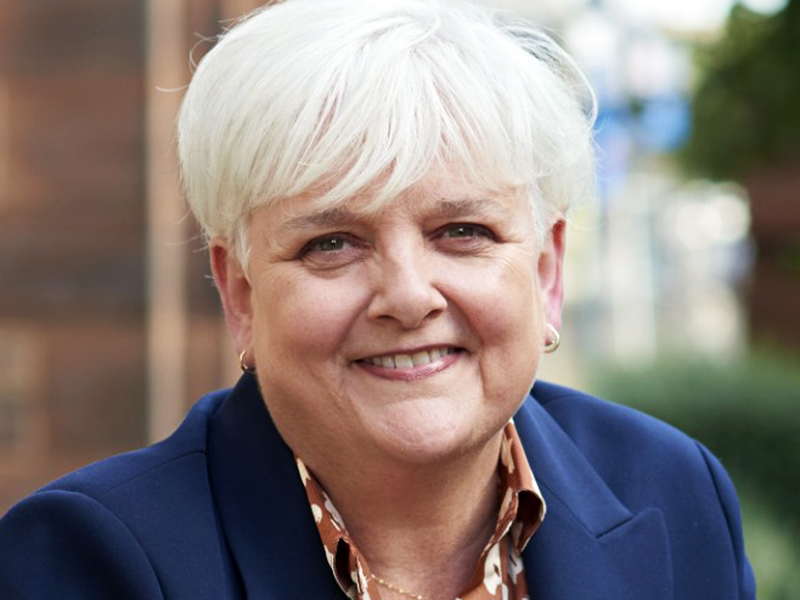An analysis by Professor Angela O’Hagan, new chair of the Scottish Human Rights Commission
This month, I was invited to address Scotland’s Annual Human Rights Conference, organised by the Human Rights Consortium Scotland.
The event came just days after news the Scottish Government would not deliver a Human Rights Bill for Scotland in the current parliamentary session. The frustration and indeed anger in the room was palpable.
In my speech, I described the commission’s perspective on the broken promises and the impact on the realisation of rights in Scotland. These are challenging times, but by the end of the day, following enthusiastic breakout sessions and panel discussions, the mood was shifting to next steps and a determination to continue towards incorporation of rights for all.
As new chair of the Scottish Human Rights Commission, I share that determination; to keep going, to make a difference and to do everything I can to work with rights holders, civil society and government to make rights real in Scotland. There is much to do, given the multiple inequalities that persist in Scotland and globally; the ongoing failure of public policy and services to ensure that basic rights to housing, food, safety and dignity are met.
My role as chair comes with huge expectations about what I should do, prioritise and achieve. That is how it should be. A core part of the commission’s mandate is to promote and raise awareness of human rights. To me, that means talking about human rights as dignity and autonomy for all, and in every aspect of our lives.
For example, human rights mean adequately funded social care services, so that people aren’t left with 15 minutes of care, then put to bed at six o’clock in the evening. Human rights mean not having to rely on a food bank to feed your family. That the opening of a foodbank has become normalised, and a political media opportunity, is evidence of a failure of policy making and resource allocation in Scotland.
Bringing rights home
The commission remains deeply disappointed the Scottish Government failed to deliver the Human Rights Bill for Scotland in its Programme for Government.
At Scotland’s Annual Human Rights Conference, I heard the level of frustration from civil society, not least in respect of the precious time and limited resources which have been devoted to the development of a Human Rights Bill over the past decade.
The bill would have brought rights home from international treaties into everyday service design and delivery, making rights real in people’s lives, particularly for the most marginalised and disadvantaged.
Of course, making new law can be complex, especially given the constitutional challenges in Scotland. But complexity is no reason not to do the right thing. It means proceeding with care, informed by evidence. There is plenty of evidence from the Commission and across civil society, from wider research and from international treaty monitoring, on the gaps in people’s enjoyment of rights in Scotland. To increase accountability and truly mainstream human rights in Scottish life, we need to strengthen them in law.
Looking beyond our disappointment about the Human Rights Bill, there is so much more we can do now. At the commission, we are currently pursuing new Spotlight projects, focused on access to justice; human rights in places of detention; Scotland’s progress in ending institutionalisation for people with learning disabilities and/or autistic people; and economic, social and cultural rights in the Highlands and Islands.
This month we launched new maps of human rights advocacy and advice services as part of our access to justice work. Our report on human rights in places of detention was published in July, and is the basis for ongoing advocacy with duty bearers, and awareness raising with the public and policy makers.
As I take up my new role, I am wholly dedicated to a commission that is agile, engaged, open to collaboration and participation and above all, visibly committed to the realisation of rights in Scotland.
To find out more, please take a look at our Strategic Plan 2024-28 and the Spotlight Projects on our website at www.scottishhumanrights.com.
Professor Angela O’Hagan is chair of the Scottish Human Rights Commission.







